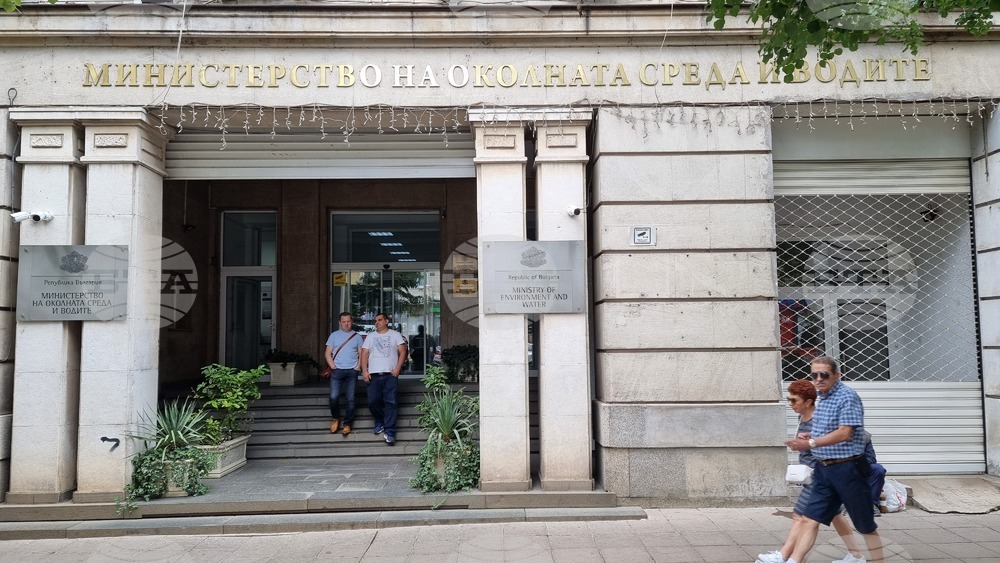site.btaEnvironment Ministry Claims Bulgaria Presents Correct Air Pollution Data to EC


The Ministry of Environment and Water does not hide data on urban air cleanliness and Bulgaria reports correct data to the European Commission. Said in a position the Ministry of Environment, following a press release of the association "For the Earth" on Tuesday morning about problems in the measurements of air quality in Sofia and other cities of the country.
"The claim made publicly by "For the Earth" that the location of the monitoring points of the national ambient air quality monitoring system does not meet the requirements of European and national legislation is categorically false and incorrect," says the Ministry of Environment.
The monitoring points are fully deployed in accordance with the requirements set out in the Regulation on ambient air standards for sulphur dioxide, nitrogen dioxide, fine particulate matter, lead, benzene, carbon monoxide and ozone, which transposes Directive 2008/50/EC of the European Parliament and of the Council of 21 May 2008 on ambient air quality and cleaner air for Europe into national law, the ministry said.
Data from the National Ambient Air Quality Monitoring System, administered by the Executive Environment Agency, is public and transmitted in real time to the European Environment Agency (EEA), the ministry said. It adds that data on measured concentrations of the main indicators are reported annually, as well as basic data on automatic measuring stations - location of sites, classification of points, geographical coordinates. "So far, no comments and recommendations have been received regarding the classification and location of the stations," the environment ministry said.
The determination of levels of fine particulate matter, sulphur dioxide, nitrogen oxides, carbon monoxide, ozone, benzene and lead in ambient air shall be carried out using reference measurement methods described in European and national legislation.
Data obtained by methods other than the reference method (including those used by “For the Earth” based on its own measurements) may be compared with data from this method only and only after demonstration of the identity of the methods, subject to the requirements of the European Commission's guidance on demonstrating the equivalence of ambient air monitoring methods, the Ministry further informs. In the absence of a demonstration of identity, data obtained by other means cannot be accepted as reliable, including this presented by the NGO, the release says.
As required by European and national legislation, the location of the monitoring sites is subject to periodic review, meaning that the legislation allows for the possibility that circumstances may change over time to require corrective action, the position paper also states. Since 2011, there has been a process of improving air quality across the country, according to the ministry.
According to the latest data for 2023, the number of reported exceedances has decreased at all stations in the country, and the requirements set out in the legislation have been achieved at almost all monitoring stations in the national system. At many stations with unchanged locations, the recorded reduction in pollution levels is even greater, the release reads.
"Given the improvement in air quality that has been observed across the country, it cannot be argued that this improvement in some locations is due to the relocation of monitoring stations. Questioning the way in which air quality is monitored at national level is unjustified and dishonest, including with regard to citizens," the environment ministry said.
/MR/
news.modal.header
news.modal.text